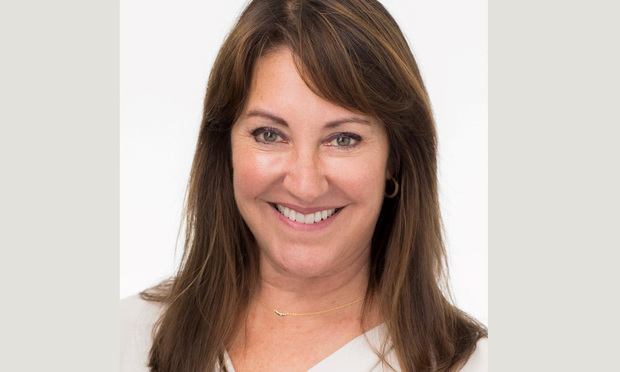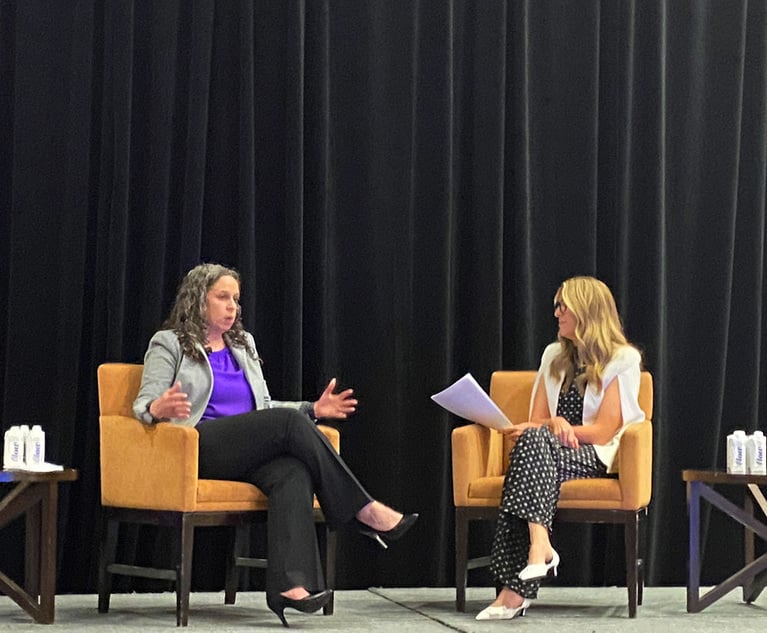Amid the tumult surrounding the coronavirus, lawyers say legal issues related to force majeure contract clauses are reaching a frenzied pitch, and the courts may be asked to resolve novel issues.
“‘Force majeure.’ I’ve heard that phrase more in the last three days than in my 30 years of law practice,” said attorney Louis Chodoff, who is based in Ballard Spahr’s Cherry Hill, New Jersey, office. Since Chodoff is an employment lawyer, one can only imagine what the contract lawyers are hearing.


 Cristina Shea, a partner at Reed Smith in San Francisco
Cristina Shea, a partner at Reed Smith in San Francisco








